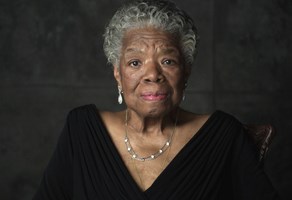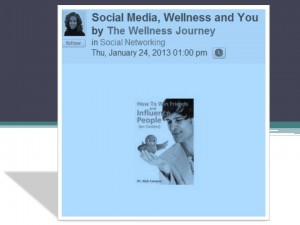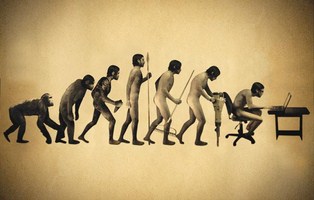 You have heard me talk about it over and over—tune into your dharma, find your purpose, connect all your endeavors to your life’s mission. I preach it because I am certain of its universality—knowing and carrying out your life’s purpose will bring you the greatest fulfillment, while serving humanity and the universal dharma at the same time. If you thought my discourse has been purely spiritual mumbo-jumbo, well think again, because a recent study suggests that having a purpose in life actually increases longevity. That’s right—living to fulfill a mission gives more life. Makes sense, doesn’t it?
You have heard me talk about it over and over—tune into your dharma, find your purpose, connect all your endeavors to your life’s mission. I preach it because I am certain of its universality—knowing and carrying out your life’s purpose will bring you the greatest fulfillment, while serving humanity and the universal dharma at the same time. If you thought my discourse has been purely spiritual mumbo-jumbo, well think again, because a recent study suggests that having a purpose in life actually increases longevity. That’s right—living to fulfill a mission gives more life. Makes sense, doesn’t it?
The study, published in Psychological Science, looked at data from over 6000 participants collected in the longitudinal Midlife in the United States (MIDUS) sample, and found that people who self-reported “purpose” to their lives lived longer than their counterparts during the 14 years after the baseline assessment, even when controlling for other markers of psychological and affective well-being.
Said lead study author Patrick Hill of Carleton University in Canada:
 “Our findings point to the fact that finding a direction for life, and setting overarching goals for what you want to achieve can help you actually live longer, regardless of when you find your purpose,” says Hill. “So the earlier someone comes to a direction for life, the earlier these protective effects may be able to occur.”
“Our findings point to the fact that finding a direction for life, and setting overarching goals for what you want to achieve can help you actually live longer, regardless of when you find your purpose,” says Hill. “So the earlier someone comes to a direction for life, the earlier these protective effects may be able to occur.”
Wow! Moreover, longevity benefits were not dependent on age, how long participants lived during the follow-up period, or whether they had retired from the workforce. Simply put: having a life’s purpose “appears to buffer against mortality risk across the adult years.”
But even so, researchers were surprised by the results: “These findings suggest that there’s something unique about finding a purpose that seems to be leading to greater longevity,” said Hill.
The longevity benefits of purpose in life held even after other indicators of psychological well-being, such as positive relations and positive emotions, were taken into account.
 Well I am not surprised; as I said, it makes sense. When living ‘on purpose,’ we have a reason to get up and go every morning, afternoon, and evening. This must have an effect on our physiology—rarely do body and mind act independently. Just think of stories we hear of people exhibiting super-human strength to save a loved one who’s in danger; or even the somewhat-known statistics showing that many people die shortly following retirement. Once the purpose goes, so often does the will to live.
Well I am not surprised; as I said, it makes sense. When living ‘on purpose,’ we have a reason to get up and go every morning, afternoon, and evening. This must have an effect on our physiology—rarely do body and mind act independently. Just think of stories we hear of people exhibiting super-human strength to save a loved one who’s in danger; or even the somewhat-known statistics showing that many people die shortly following retirement. Once the purpose goes, so often does the will to live.
Purpose gives meaning, and meaning drives us to carry on, so again, to me, these new results are not surprising in the slightest. I will keep pushing people to find their purpose in life—we all have one, on display or latent, I believe we all have a reason for existing in this lifetime. So find it and live it…and you might find that life gives you just the right time to accomplish your mission. If you need help tapping into your purpose—contact me; I have fool-proof methods for uncovering your dharma. And if you are fully attuned to your life’s purpose now—great, keep moving in the direction of its accomplishment, and you will find your fulfillment complete as well.
















